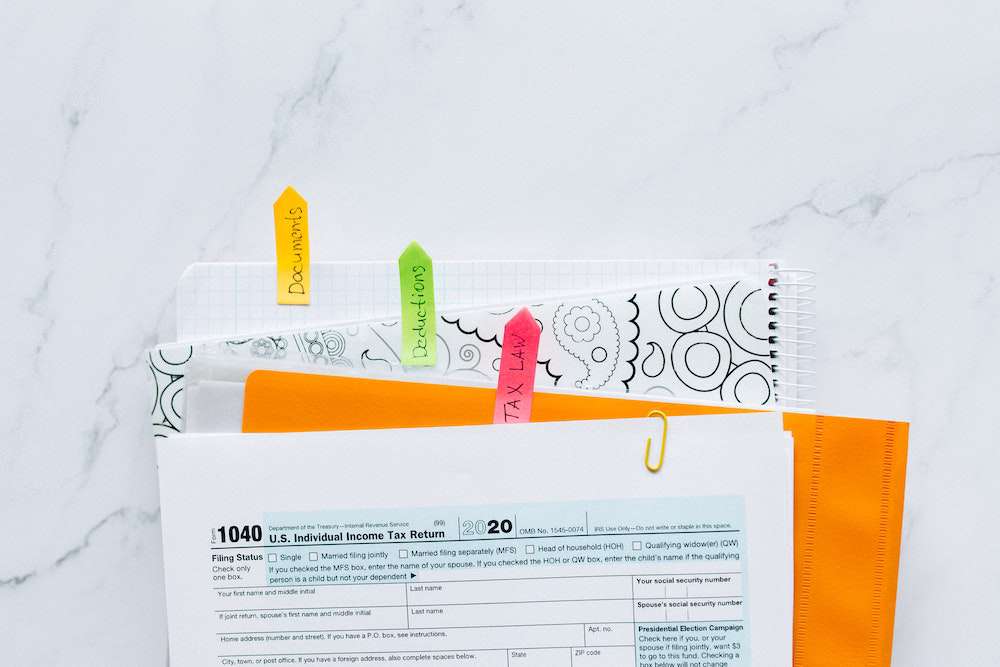How To Hire An Independent Contractor/1099 Employee

Bert, an entrepreneur from Haywood County, asked us this burning business question:
“I have many separate jobs I need to have done to get my agroforestry farm moving forward. But it’s multiple jobs all with different expertise and skillsets. Is it OK to hire an independent contractor to get this work done even if it’s on an hourly basis?”
Thanks for being part of Startup Haywood, Bert, and asking us this great question!
There’s no problem with you contracting out your business’ work as you described. It’s likely a wiser choice than hiring salaried employees because it keeps your costs low and variable.
Here’s our quick guide to hiring your first 1099 employee.
When Do I Need To Hire An Independent Contractor?
Are you part of the majority of small business owners working over 50 hours per week, including weekends? Do you need help running your business but don’t have the time to train a full-time employee? This is the perfect situation to hire your first 1099 employee.
With an independent contractor, you pay a flat fee for specific tasks or jobs for a specific period of time with a beginning and an end date. Your company also won’t have to pay payroll taxes, provide workers’ compensation, or pony up for space or equipment.
If you’re still unsure, take a second to figure out which type of hire — employee or contractor — makes the most sense for your situation by classifying your team.
What’s The Hiring Process?
First and foremost, you need a clear job description and a straightforward definition of the relationship for your new contractor. Will they work project-to-project or is this a one-off? Do they have the opportunity to join as a full-time employee at some point? Is there a confidentiality agreement they need to sign? How will they submit invoices to be paid?
The easiest way to do this is by creating an independent contractor agreement that outlines everything both parties need to know. We recommend a lawyer draw this document up for you if at all possible.
Next, make sure to run through your legal list of to-dos.
- Form W-9: The independent contractor needs to fill this out to verify their name, address, and Taxpayer Identification Number (TIN).
- Form 1099-NEC: This is the reason why independent contractors are called 1099 employees. This form reports how much they earned working for you in a calendar year. If you will be paying your contractor at least $600 this year, you will not use a credit card or third-party payment platform to process their invoices, and they didn’t indicate they run an S corp or C corp on Line #3 of their W-9, then you’ll need to complete this form.
As always, be sure to consult with your attorney and tax advisor on these forms to make sure you’re set up properly when tax time comes around.
If you still need some advice, and you’ve not already taken advantage of the free one-on-one business counseling offered through your local Small Business Center, now’s the time! It’s a tremendous resource that helps entrepreneurs just like you accelerate their businesses every day.
Your Small Business Center can even help you connect with local resources that can help you find and manage your work with independent contractors. Find your Small Business Center.
Cover photo credit: https://careeremployer.com/
Share this Question!
Want to write an article for our website? Learn more and submit a guest blog here.


